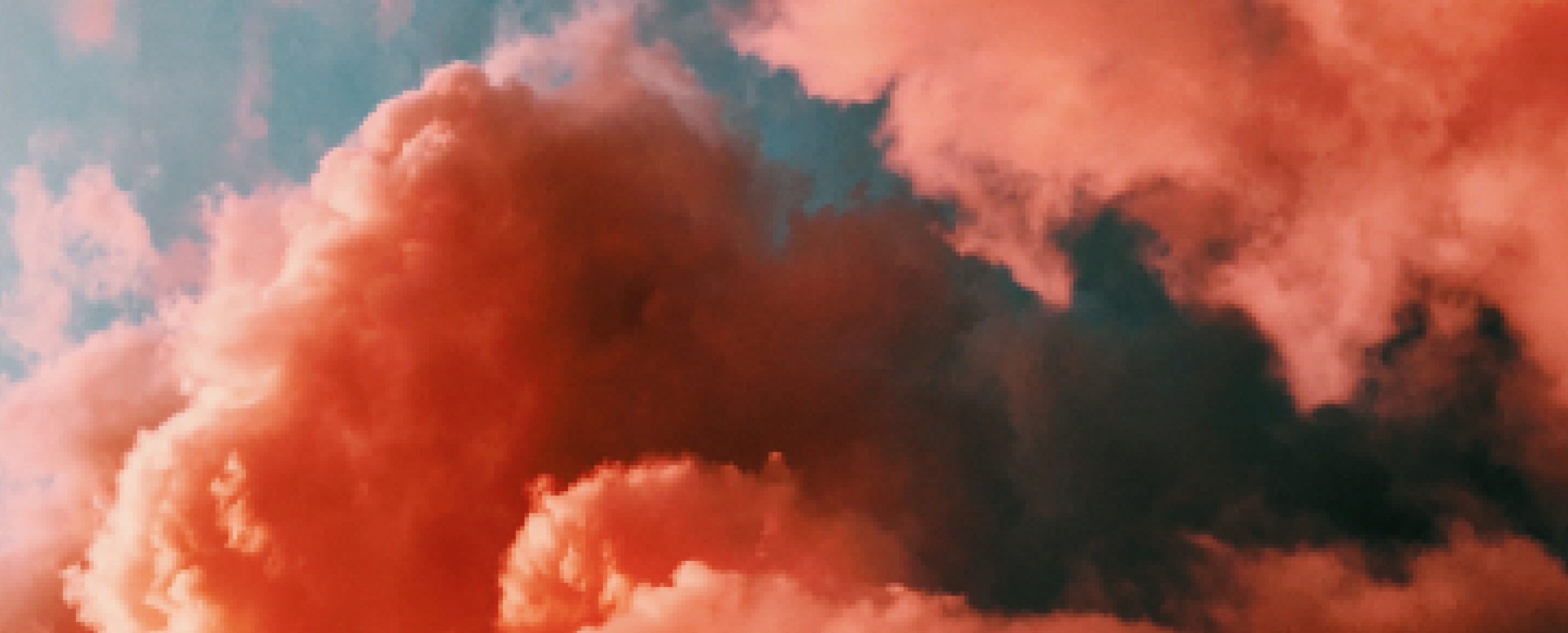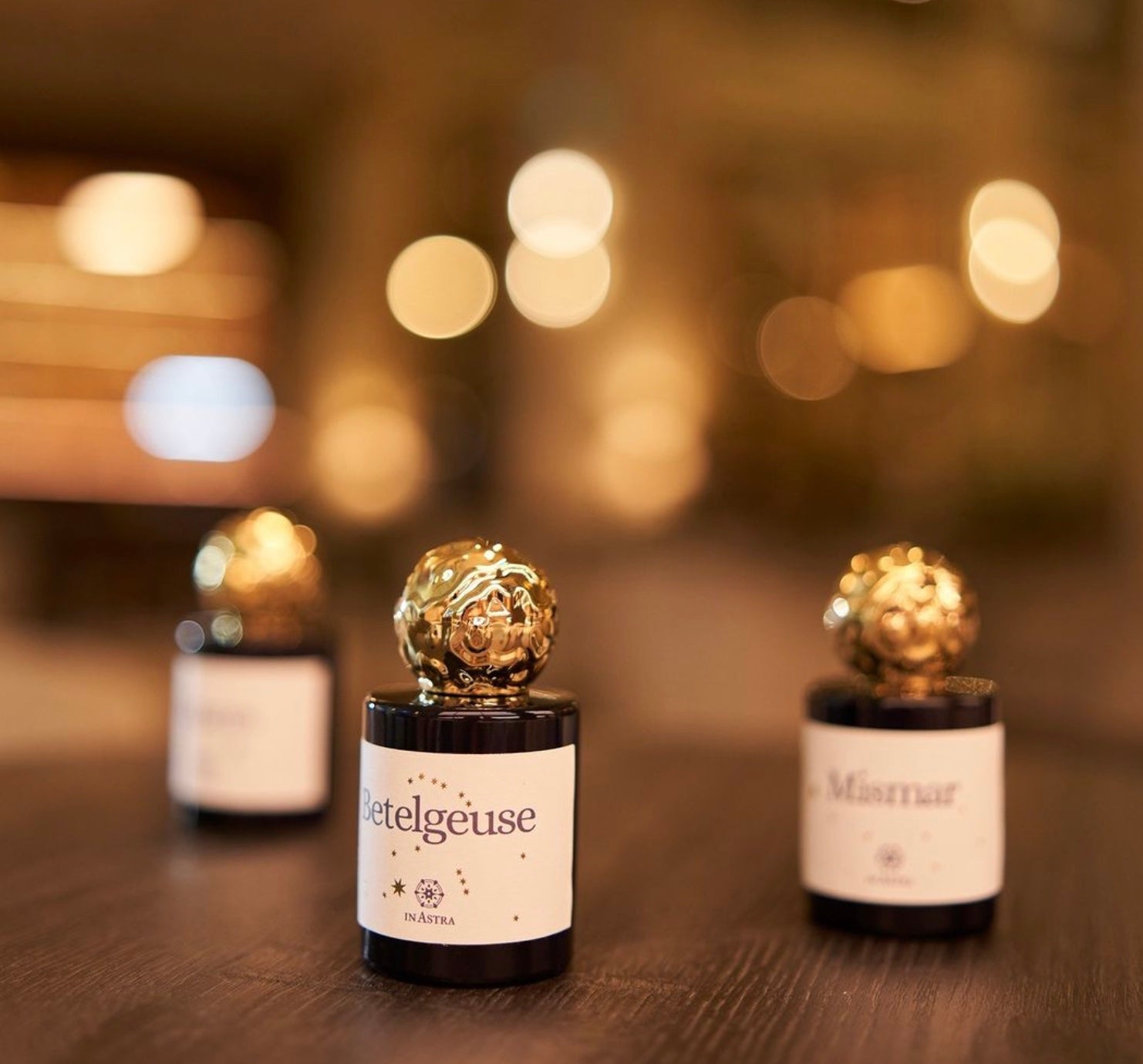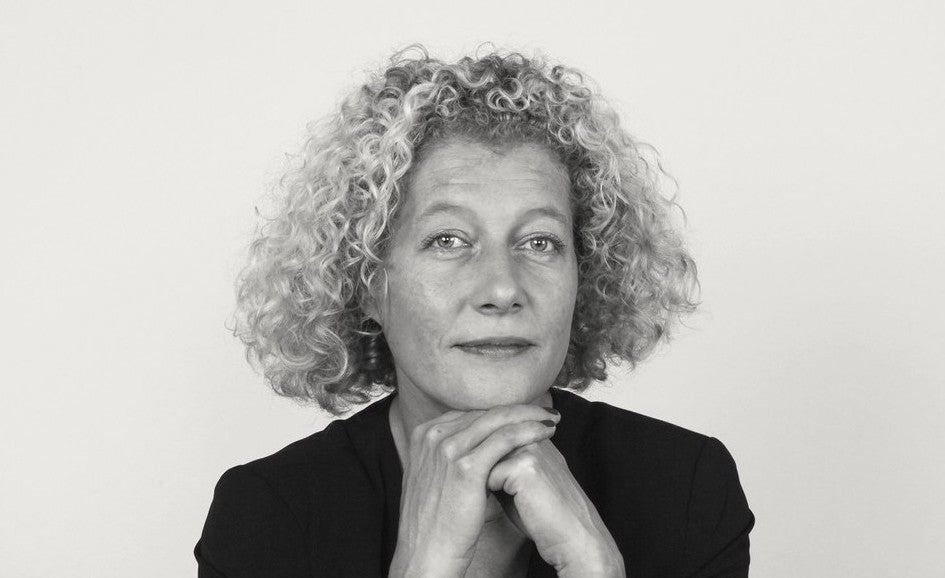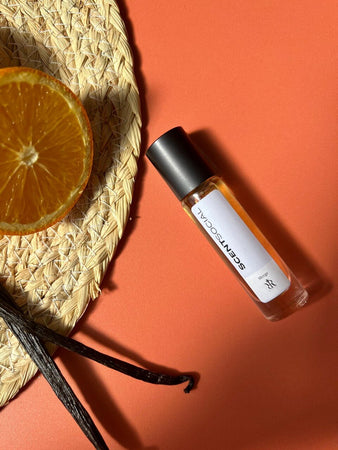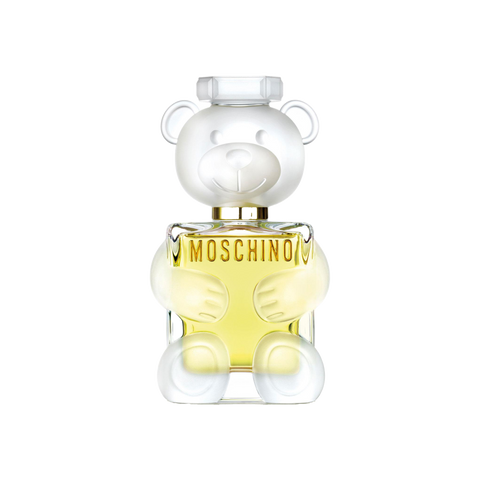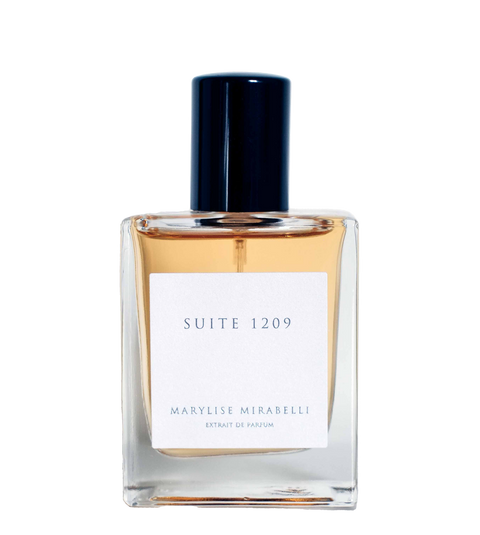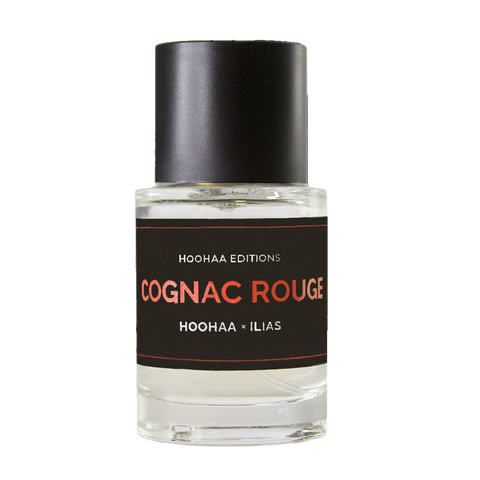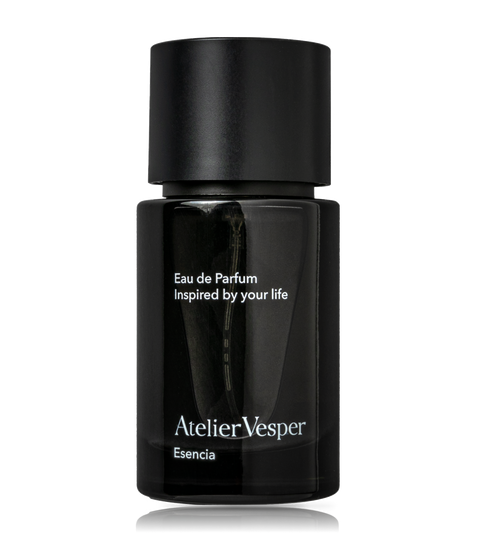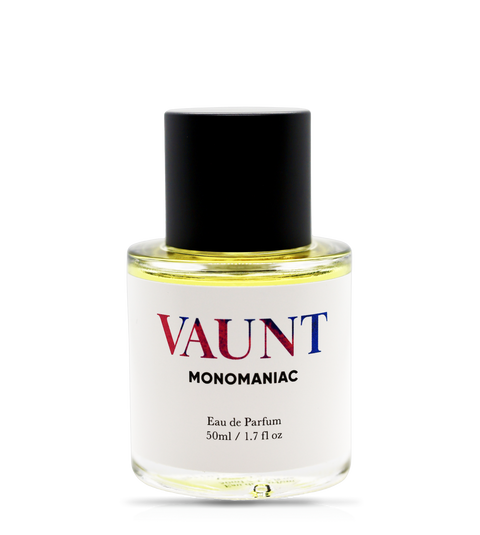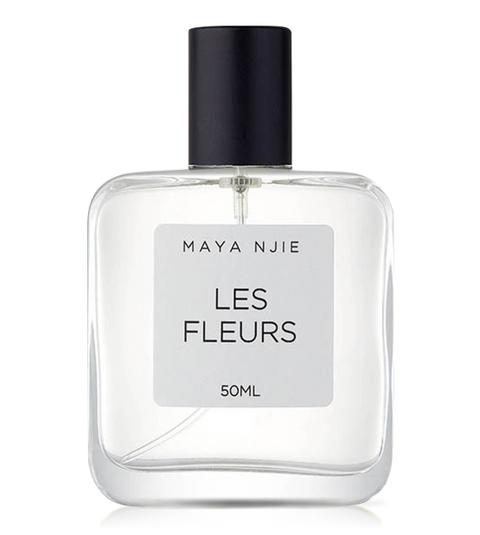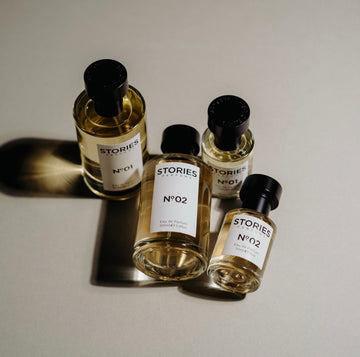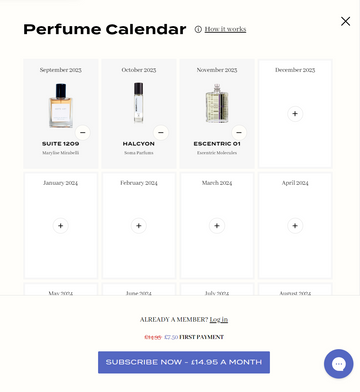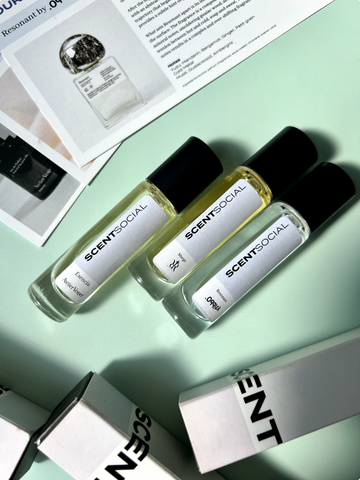Meet your Maker with Sarah McCartney of 4160Tuesdays
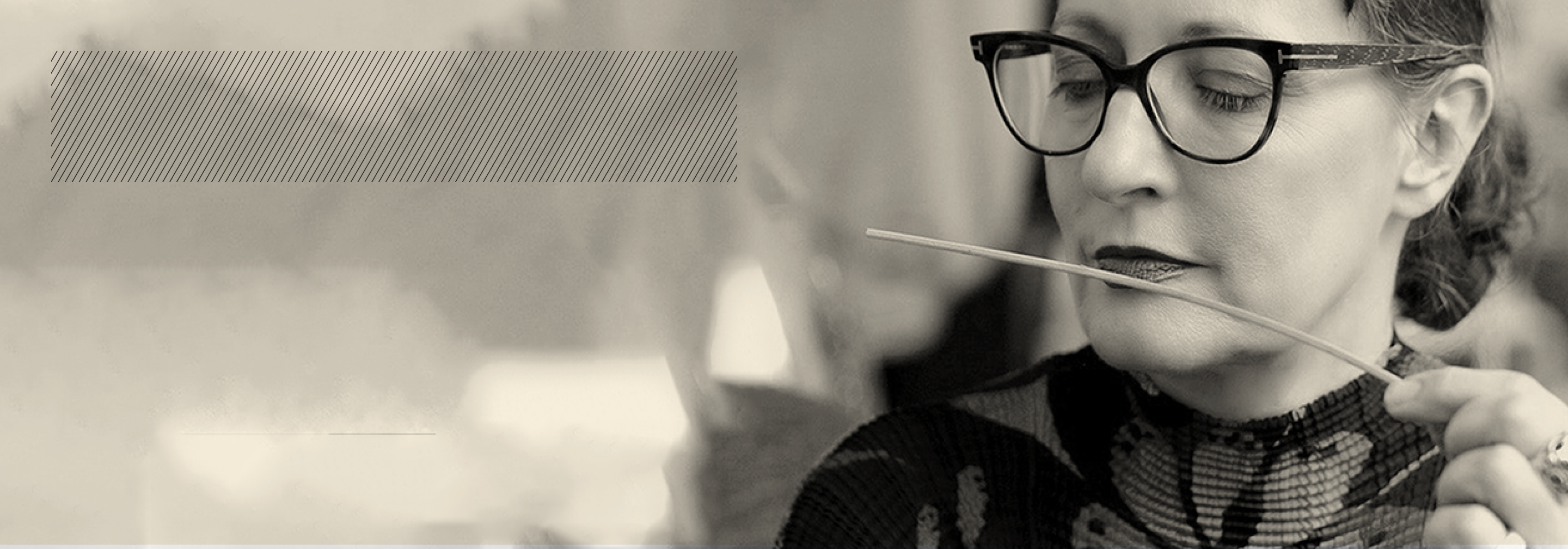
We sat down with Sarah McCartney of 4160Tuesdays to talk about her journey and process.
What was it like for you in the early days when you were making your first perfumes for 4160Tuesdays? Did you find the industry difficult to navigate and how did you handle the obstacles that you discovered in your path as an independent perfumer?
I had been working as Lush’s writer for 14 years, and knew that Lush made all their own fragrances in house, so I thought - as most perfume buyers do - that each brand has its own perfume department. I knew nothing at all about the industry and how it worked.
I pottered along for a year in my spare time, while working as a writing trainer for huge organisations, aiming to make the perfumes I’d described in a novel I wrote in 2010. It was only when people started asking if they could buy them that I had to find out how to make them legal.
I would sum up the general response from the industry as, “Oh no, you don’t make your own perfume. You tell a proper perfumer what you want and they do it for you. How many thousand bottles do you want?” That was how it was done. At the time I had no idea what a threat Lush was seen as, nor how many ripples in the smooth pond I would cause, just by pushing ahead and deciding to do it myself.
I found some really helpful people at the Society of Cosmetics Chemists, and they introduced me to qualified cosmetics chemists who do the technical things we need to make sure our products are legal. After all that, mine turned out to be completely compliant with all the current regulations and got their certificates with no bother at all. Then I had to qualify to ship dangerous goods so I could sell overseas.
Unless you’re in independently owned stores, the barriers to getting on the shelves are solid yet invisible, and expensive to get through. A brand needs its own sales staff, or to pay a distributor; indie companies can’t really be there sustainably without either or both.
I did manage to make it into two London department stores, because the senior buyers loved my fragrances. However, management don’t always know what happens on their own shop floors. In one I found my fragrances hidden behind the counter, and in another I found the glass caps on the testers smashed, but still on display. I sent in my customers as mystery shoppers regularly and soon realised there wasn’t much point trying to keep a presence there.
Fortunately, we are in The Scent Bar and Perfumology in the US, where all perfumes are treated equally; being there got us into 10 Corso Como in Milan, which got us our South Korean distributor.
We started to sell taster sets by post, now called discovery sets by bigger brands who’ve realised it’s a good idea.
This story is ongoing, but after a couple of years, I set up a course, Brick walls & Flaming Hoops, to help other artisan and indie perfumers find out where these barriers are, and whether or not it’s worth tackling them to set up a business, or to keep their perfume making as a personal interest.
Do you feel things have changed for independent perfumers and their brands in the past ten years since you launched 4160Tuesdays, and, if so, how?
There’s a lot more information on the internet to help people get going, but - also typical of the internet - about 70% of it is absolute rubbish. I set up a YouTube channel, to counter some of the misinformation from well intentioned but uninformed vloggers, and multi-level marketing companies pushing people into buying their kits to make lots of money (it won’t happen).
There are more of us, and it’s a friendly community. People are beginning to experience unusual fragrances, and realise that the artisans and indies are the ones making the scents you're not going to smell anywhere else. The more the better; we’re turning into a movement. One day someone will open a store for us, not niche brands waiting to be bought by L’Oreal, but the real artisans hand-making the boundary-pushing scents in their own workshops because we love doing it.
What do you enjoy most about creating a fragrance? Is it a process you still discover yourself surprised by? Are there any materials you’d really like to base a perfume around that you haven’t quite cracked yet?
I think I enjoy the imaginings most, spending a couple of months - sometimes years - creating an aroma in my head, like composing music. What if I were to put styrax with black pepper? How would I create the smell of a half burned piece of driftwood? I’ve still not made the rose, raspberry, chocolate fragrance I was intending to create for myself when I first started this. Now that I’m thinking about it again, I ought to go back there.
If I’m making a fragrance for another brand I generally warn them that they will smell nothing for two months; I don't have a shelf full of spares to send over the next day.
I’ve been buying directly from a traditional Indian producer in Kannauj, the city of perfume and as yet have not finished any fragrances containing mitti and zaffran attars. I also just bought cypriol essential oil (nagarmotha) from them, and their rose otto, and each day I smell them and develop my thoughts a little further. I’m using them in a fragrance I’m working on, set in the South of France in 1939, when my Great Aunt Pera worked there as a cook and secretary for a famous hostess and sculptor, Lady Colebrooke. My inspiration is often quite convoluted. I'll only use materials available at the time. I find that kind of creative constraint really stimulating; it squeezes out a flow of new ideas.
Since opening your Scenthusiasm online perfumery school on Patreon, what are the most common questions people ask you about making perfume and what are some of the most surprising?
The most common are quite disappointing: How do I make a perfume last 16 hours? How do I make it project to the other side of the room? How do I make a best selling perfume that is irresistible to women? To be fair, these mostly come from YouTube, not from people who have subscribed to Scenthusiasm. There is a difference between people who want to make fragrance for the love of it and being willing to spend a year making something beautiful, and those who think it’s a quick way to make shed loads of cash. (Answer: there isn’t one.)
Interesting questions are things like: Can I make a perfume with no top notes? (Absolutely.) How do I make the aroma of the seaside when salt has no smell? Can I still use oakmoss? (Yes, by the way, we can and do.) How do you stop aldehydes/white birch/blackcurrant bud taking over? (Dilute them down to 1% and use tiny amounts.)
How do you feel the industry could improve on the information it shares with people who just want to understand more about the fragrances they love?
Openness and communication is always the answer to everything. What we have in perfume is romance, promises that fragrances can’t keep, drama and theatricality and a load of plain straight lies.
If I go with one big thing it’s the difference between notes and materials. Materials are things that perfumers put in to create an effect. Notes are the effect, the aromas that the materials make then they are blended.
Materials are input; notes are output.
If someone says, “Does this have peach in it?” The answer is no, but the perfumer has skillfully made it smell of peaches.
Before you started making your own, what sort of perfumes did you love to wear? What were some of your favourites?
My first loves were citrus chypres: Diorella changed my life, Chanel Cristalle, Eau de Rochas, Eau de Lancome, Champagne (Yvresse), Deci Dela. I moved into floral ambers: Poison, Tocade, LouLou.
Today my favourite to make would be a fruity floral amber chypre, multilayered but with clarity. Even today I’m wearing Diorella. I found a bottle from the last century while tidying and couldn’t resist. If I’m going to be working in the lab I don’t spray perfume on as I need my skin space for experimenting.
Hear more of Sarah's experience at our International Women's Day Webinar, Tuesday 8th March 2022. 12 noon.
Sign up here

